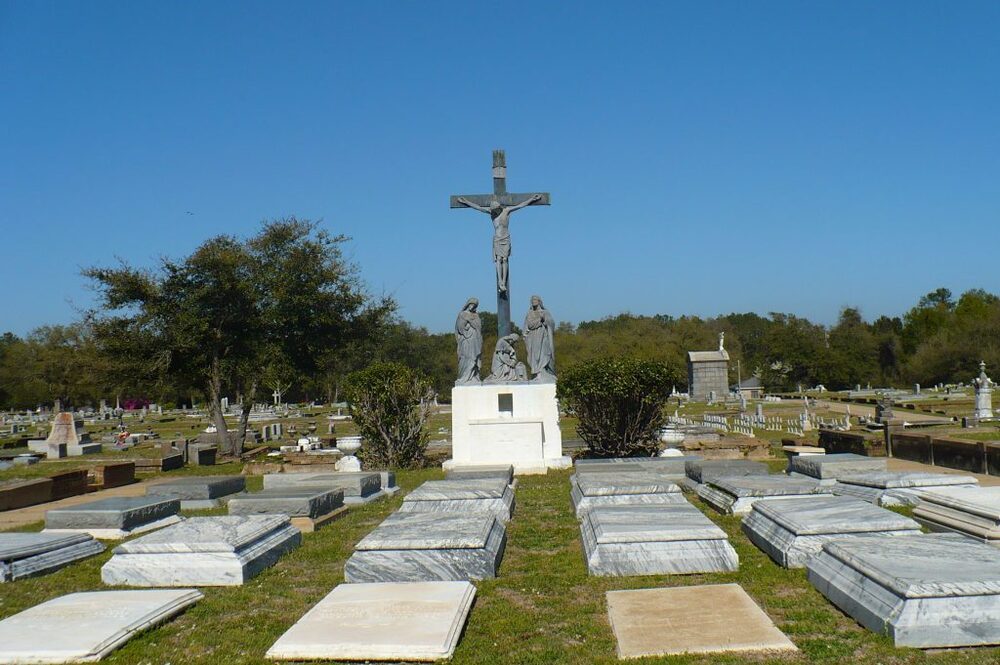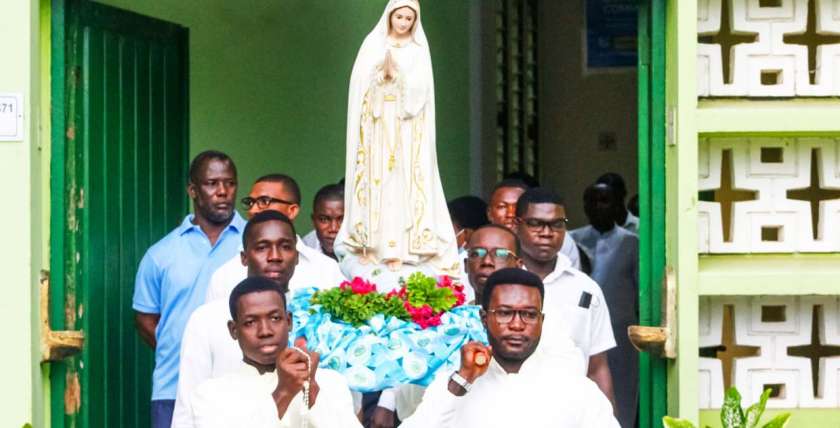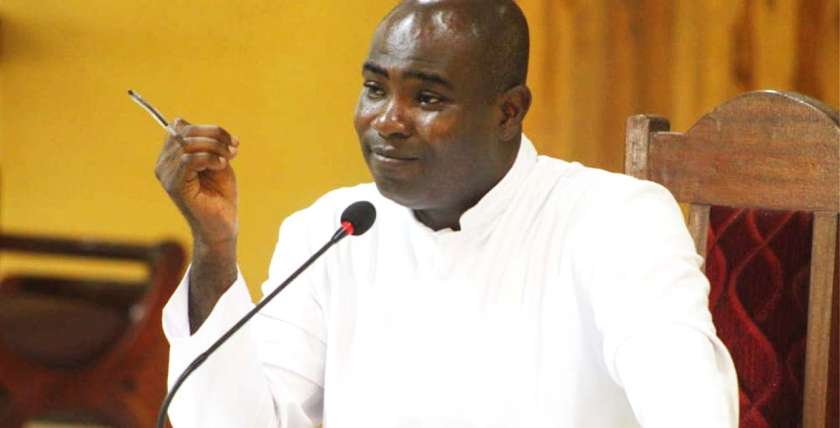The doctrine of Purgatory is too much forgotten by the majority of the faithful (Schouppe, 1893). The principal causes of this according to Schouppe, S.J, are arrogance and lack of faith; our notions on the subject of purgatory are too vague, our faith too feeble. In order, then, that our ideas may become more distinct, and our faith enlivened, we must take a closer view of this life beyond the tomb, this intermediate state of the just souls, not yet worthy to enter the Heavenly Jerusalem (Lasance, 1922).
This is the object of the present article namely, to propose and to prove the existence of purgatory to the skeptical minds and also to make it better known to the faithful of God who believe with a divine faith this dogma revealed of God. To produce this effect we shall consider, the dogmatic definition of purgatory, some biblical passages and references from the Council of Trent (1546) shedding light on the topic and then some apparition of Saint Bridget among others, which serve to confirm the teachings of the Doctors of the Church in respect to purgatory.
Purgatory occupies an important place in our religion. It forms one of the principal parts of the work of Jesus Christ and plays an essential role in the economy of salvation of man. The holy Church of God, considered as a whole is composed of three parts. The Church Militant, the Church Triumphant, and the Church Suffering (purgatory). The three sister churches have continuous relations with each other, a constant communication which we call the “communion of saints” (Schouppe, 1893, p.1).
The Church teaches, that all who die in God’s grace and friendship, but still imperfectly purified, are indeed assured of their eternal salvation; but after death, they undergo purification, so as to achieve the holiness necessary to enter the joy of heaven (CCC no. 1030). The Church gives the name Purgatory to this final purification, because nothing unclean shall enter heaven, (Rev. 21:27) of the elect, which is entirely different from the punishment of the damned (CCC no. 1031).
Proof of the existence of purgatory can be found in Holy Scriptures. In the Old Testament we read of Judas Maccabeus sending twelve thousand drachmas of silver to Jerusalem, to be offered in sacrifice for the dead who died in battle; and we are told in the same chapter that it is a holy and wholesome thought to pray for the dead that they may be loosed from sins (2Maccabees 12:46). In the New Testament, we read of a prison which the debtor shall not leave until he has paid the last penny (Matt. 5:26).
St Paul in his epistle to the Corinthians says: Every man’s work shall be manifest, for the day of the Lord shall disclose it, because it shall be revealed with fire: and the fire shall test the quality of every man’s work. If any man’s work burn, he shall suffer loss but he himself shall be saved yet only so, as through fire (1Cor. 3:13, 15).
In Catholic tradition, the teaching on purgatory is affirmed by the following decree of the Council of Trent: “If anyone claims, that a repentant sinner when he receives the grace of justification obtains the remission of the guilt and the eternal punishment, so that neither in this life nor in Purgatory has he any temporal punishment to undergo before he can enter heaven, let him be anathema!” (Sess. 6th, Canon xxx, 1547).
St Bridget once had a vision of Purgatory, and “there beheld the souls of the just being cleansed from every stain of sin, as iron is purified in a fiery furnace” (Lasance, 1922, pg. 28). The doctrine is revealed in Holy Scripture and has been handed down by Tradition, taught by the infallible Church and believed by the millions and millions of faithful of all times but today, it is quite ignored and misunderstood by some pious faithful (O’Sullivan, 1936).
To conclude, it should be noted that the Church Militant (the Church on earth), has the power to help these suffering friends of God in purgatory through prayer, almsgiving, the Holy Mass and practice of indulgences. To pray for the members of the Suffering Church is certainly a work of mercy and charity. Every prayer said, every sacrifice made, every alms given for the repose of the dear departed ones, will all return upon those who engage in such spiritual endeavours in hundredfold blessings. And after they (suffering church) have merited eternal salvation in Heaven, will in turn intercede for the church militant.
REFERENCES
Baltimore, J. M (1833). Catechism of the Council of Trent. Retrieved from the Library of Congress, https://www.loc.gov/item/72195507/. On October 11, 2023.
Catholic Church (2013). Catechism of the Catholic Church: Revised in accordance with the official Latin text promulgated by Pope John Paul II. Nigeria: Society of St Paul Publications.
Lasance, F. X. (1922). Holy Souls Book: Reflections on Purgatory. New York: Independently Published.
O’Sullivan, P. (1936). Read Me or Rue It. Lisbon: National Scapular Center.
Schouppe, F. X. (1893). The Dogma of Purgatory. London: Burns & Oates Limited.





